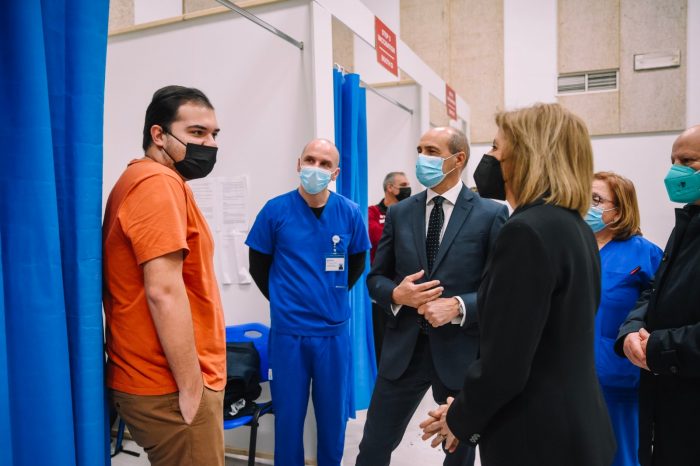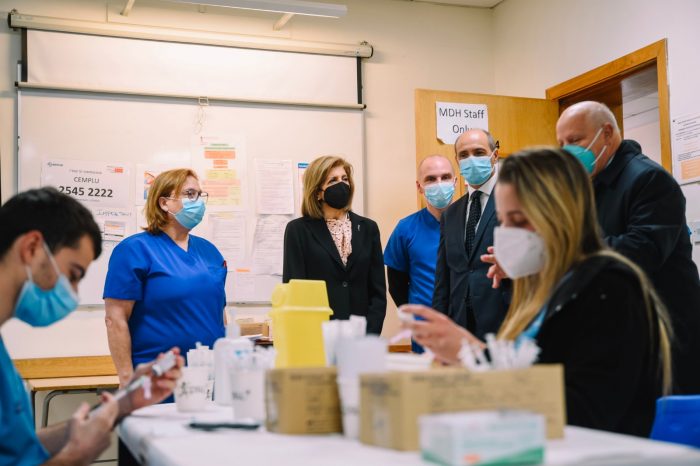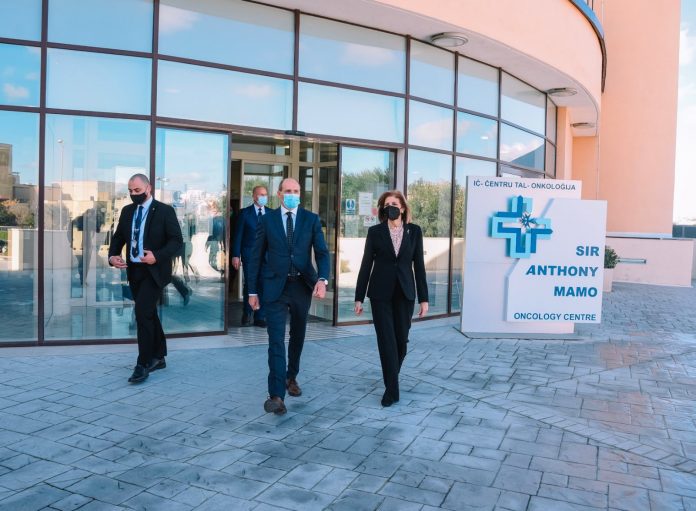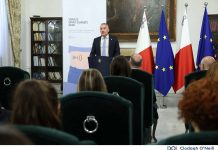“I congratulate Malta for being a leader in the vaccination program from the very beginning,” said European Health Commissioner Stella Kyriakidou at the end of her visit to our country, thanking Malta for its excellent cooperation during the pandemic.
Commissioner Kyriakidou has repeatedly mentioned the success story of how our country was managed during the pandemic, especially after his visit to the vaccination center at the University of Malta where he spoke to several children and adults who were present to receive the vaccine.
She also said that Malta is an example of how the European Union can help European citizens access the necessary medicines, and spoke about the next step of the joint procurement mechanism – buying the medicines that are being developed for -patients suffering from severe symptoms of COVID-19. She also thanked Malta for supporting the European health proposals that led to the establishment of the Health Emergency Preparedness and Response Authority (HERA) – a European authority that will help the Union. European Union will be better prepared for COVID-19-like health crises that may arise in the future.
The European Commissioner also visited the Sir Anthony Mamo Oncology Center, where he spoke to a number of staff and saw the high level of care provided to patients at the center. She praised and thanked all health workers for their hard work.
For his part, Deputy Prime Minister and Minister for Health Chris Fearne spoke about how so far, 98% of the Maltese population has been vaccinated with two doses while 76% of adults have received the booster vaccine against COVID-19. He explained that this high rate has led to our country starting to release more restrictive measures.
He thanked the Commissioner for his efforts to ensure that all European countries had access to the vaccine on the same day, and stressed the importance of Member States showing solidarity with third countries and donating vaccines, as Malta is doing.
Chris Fearne also spoke about the European Union’s support for our country and other small Member States, accessing medicines from the UK, following Brexit, and called for a long-term solution to ensure that every European citizen has access to medicines at all times.












